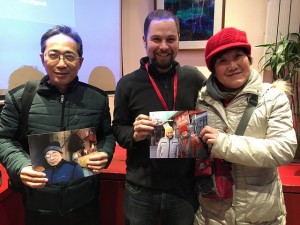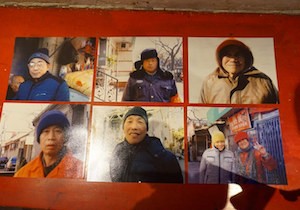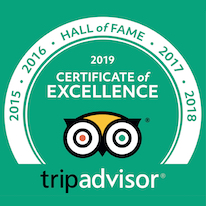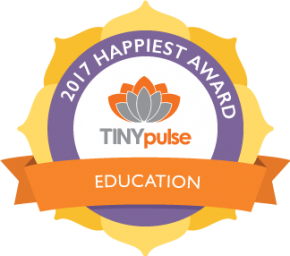The Hutong helps Futures Academy Students with its Capstone Project Launch:
 This February saw The Hutong melting the winter thaw with grade 8 students and teachers of the International School of Beijing’s Futures Academy. The ISB Futures Academy serves as an educational model that uses project-based learning and experiential learning to invigorate the school’s 21st century curriculum.
This February saw The Hutong melting the winter thaw with grade 8 students and teachers of the International School of Beijing’s Futures Academy. The ISB Futures Academy serves as an educational model that uses project-based learning and experiential learning to invigorate the school’s 21st century curriculum.
On February 4th, 2016, The Hutong welcomed these young learners to our cosy courtyard for the inaugural launch of the academy’s inquiry-based capstone project for second year students. Our aim was to introduce the students to a range of local socioeconomic and environmental issues and light a spark that would help each student choose the issue that they would be focusing on for their project.
As most of us know, the main challenge when embarking on a large research project is narrowing down the topic. All of the issues are equally important…but which one speaks to whom? The topics ranged from economic to environmental to social, and The Hutong received help from two expert NGOs in the field, The Beijing Cultural Heritage Protection Center (CHP), and Thirst, an NGO focusing on water crisis issues. Through morning seminars and afternoon hands-on workshops, students were able to leave The Hutong with more specific questions and a better direction of where they want to take their project this year.
 The morning started off with a session of rotating seminars that introduced participants to the issues that the afternoon workshops would be addressing. All of the participants were able to listen to each of the three seminars, rotating every 45 minutes. Full-time staff members Ian Gabrielson and Jeffrey Schwab led a seminar focusing on economic issues pertaining to a range of topics such as mass migration, ghost cities, and migrant workers. In the tea room, CHP director Rosie Levine led a seminar focusing on tangible and intangible aspects of cultural heritage, as well as introducing the participants to issues and challenges facing CHP and cultural heritage conservation today. The seminar in the kitchen saw The Hutong working with water conservation activists from Thirst for the first time as they discussed water crisis issues and concerns facing citizens in China everyday.
The morning started off with a session of rotating seminars that introduced participants to the issues that the afternoon workshops would be addressing. All of the participants were able to listen to each of the three seminars, rotating every 45 minutes. Full-time staff members Ian Gabrielson and Jeffrey Schwab led a seminar focusing on economic issues pertaining to a range of topics such as mass migration, ghost cities, and migrant workers. In the tea room, CHP director Rosie Levine led a seminar focusing on tangible and intangible aspects of cultural heritage, as well as introducing the participants to issues and challenges facing CHP and cultural heritage conservation today. The seminar in the kitchen saw The Hutong working with water conservation activists from Thirst for the first time as they discussed water crisis issues and concerns facing citizens in China everyday.
While all of the participants were introduced to each of the issues in the morning seminars, it was the afternoon sessions that really narrowed the focus down. Students were split into three workshop groups, each focusing on local aspects of social, environmental and economic issues. Working as a team, along with the facilitator, each group carried out specific inquiry missions, which required students to share ideas, think critically, solve problems, and collaborate with one another in order to tackle local, real-world questions. Each workshop required students to engage with the local community around the area in meaningful ways, as well as to practice authentic field work skills.
Overall it was a very productive day and a highly successful event. The Hutong really enjoyed collaborating with Thirst and CHP, as well as getting to know the bright and inquisitive students and the innovative educators of the Future’s Academy!











